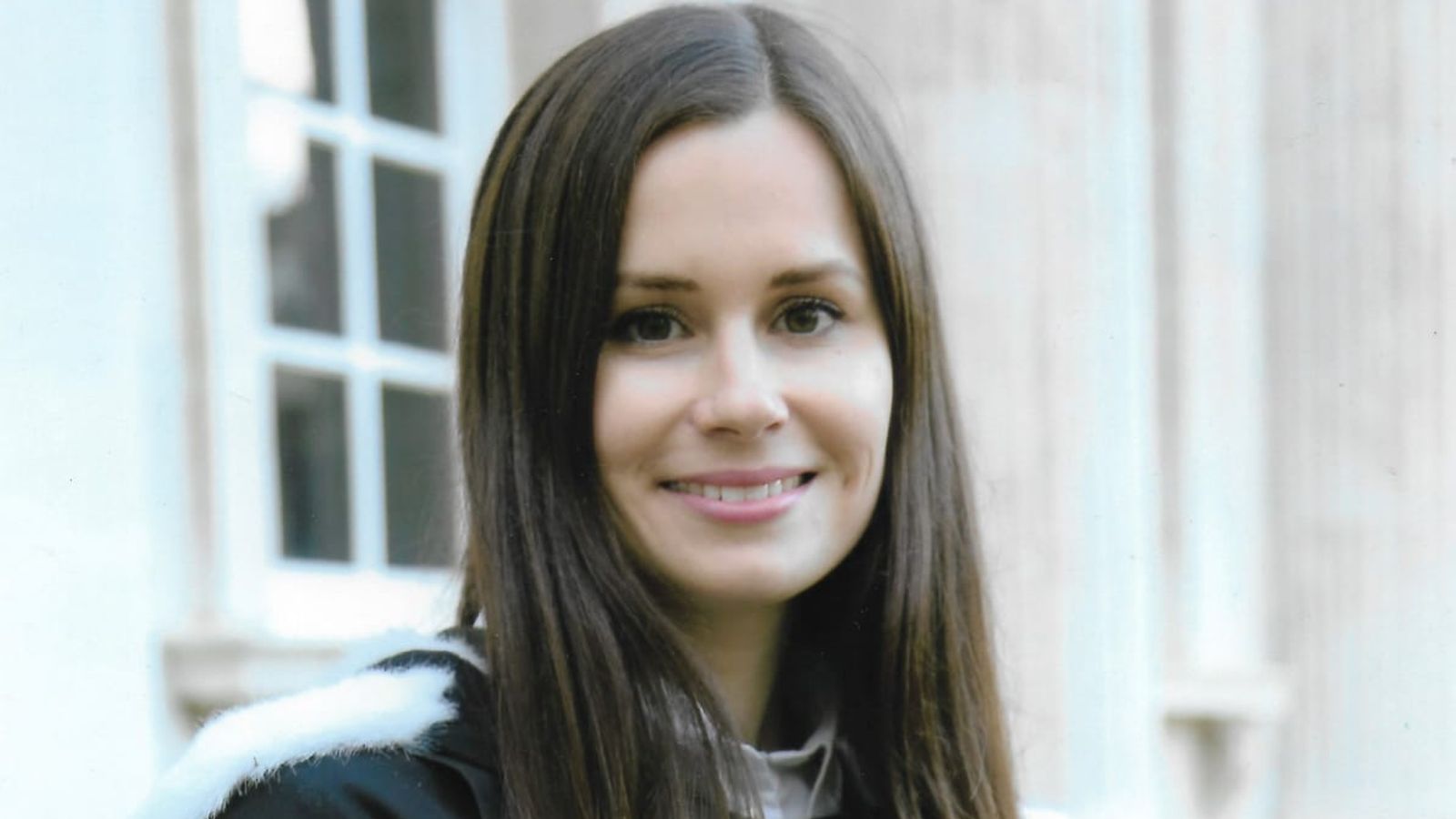A British-Australian academic who was convicted and imprisoned in Iran for spying has said she had suicidal thoughts while in solitary confinement.
Dr Kylie Moore-Gilbert was jailed for ten years on charges of espionage in September 2018. She was released in November 2020 in exchange for three Iranians being held abroad.
She had vehemently denied the charges and maintained her innocence.
Her 804 days behind bars included seven months in solitary confinement – where she went on hunger strikes and was interrogated and beaten by guards.
In an exclusive interview with Sky News Australia, Ms Moore-Gilbert has shared her inspirational story of survival.
She said that the solitary confinement room “is designed to break you”.
“It’s psychological torture. You go completely insane. It is so damaging,” she revealed.
“I would say I felt physical pain from the psychological trauma I had in that room. It is a two-by-two metre box – there is no toilet, there is no television.”
She said there were times when she “felt broken” during her days in solitary confinement and had suicidal thoughts.
“I felt if I have to endure another day of this – you know if I could I would just kill myself. But of course I never tried and I never took that step,” she added.
In September 2018, Dr Kylie Moore-Gilbert had checked in to her flight home to Australia when she was arrested by the Iranian Revolutionary Guard.
Dr Moore-Gilbert was held in Evin Prison in Tehran, Iran, the same jail as British-Iranian mother Nazanin Zaghari-Ratcliffe.
The release of Dr Moore-Gilbert showed there could be “light at the end of the tunnel” for Ms Zaghari-Ratcliffe, her husband Richard previously said.
Ms Zaghari-Ratcliffe was released by the Iranian authorities on 7 March, but was scheduled to face a second set of charges on 14 March.
The 43-year-old was arrested at Tehran airport while taking her infant daughter to see her parents in April 2016.
She was later jailed over allegations of plotting to overthrow Iran’s government – which she denies.






















